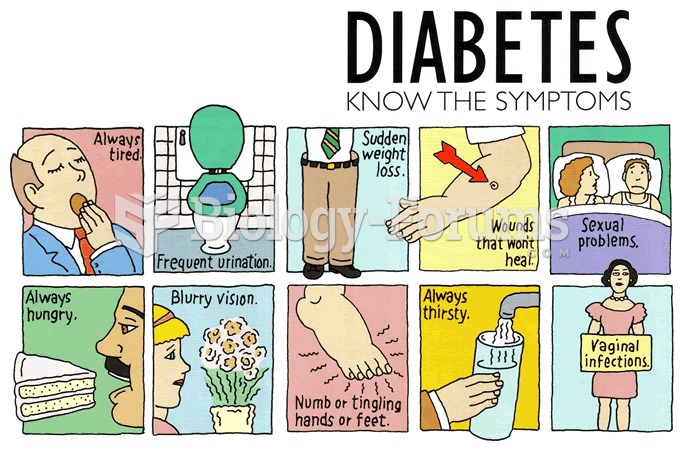|
|
|
In women, pharmacodynamic differences include increased sensitivity to (and increased effectiveness of) beta-blockers, opioids, selective serotonin reuptake inhibitors, and typical antipsychotics.
Adult head lice are gray, about ? inch long, and often have a tiny dot on their backs. A female can lay between 50 and 150 eggs within the several weeks that she is alive. They feed on human blood.
More than 4.4billion prescriptions were dispensed within the United States in 2016.
Individuals are never “cured” of addictions. Instead, they learn how to manage their disease to lead healthy, balanced lives.
Drug-induced pharmacodynamic effects manifested in older adults include drug-induced renal toxicity, which can be a major factor when these adults are experiencing other kidney problems.
 Redrape the back, face the head of the table, and apply passive touch as finishing technique. Gently ...
Redrape the back, face the head of the table, and apply passive touch as finishing technique. Gently ...
 Using the palm, apply oil with butterfly strokes across the chest. Alternate hands and move across ...
Using the palm, apply oil with butterfly strokes across the chest. Alternate hands and move across ...





